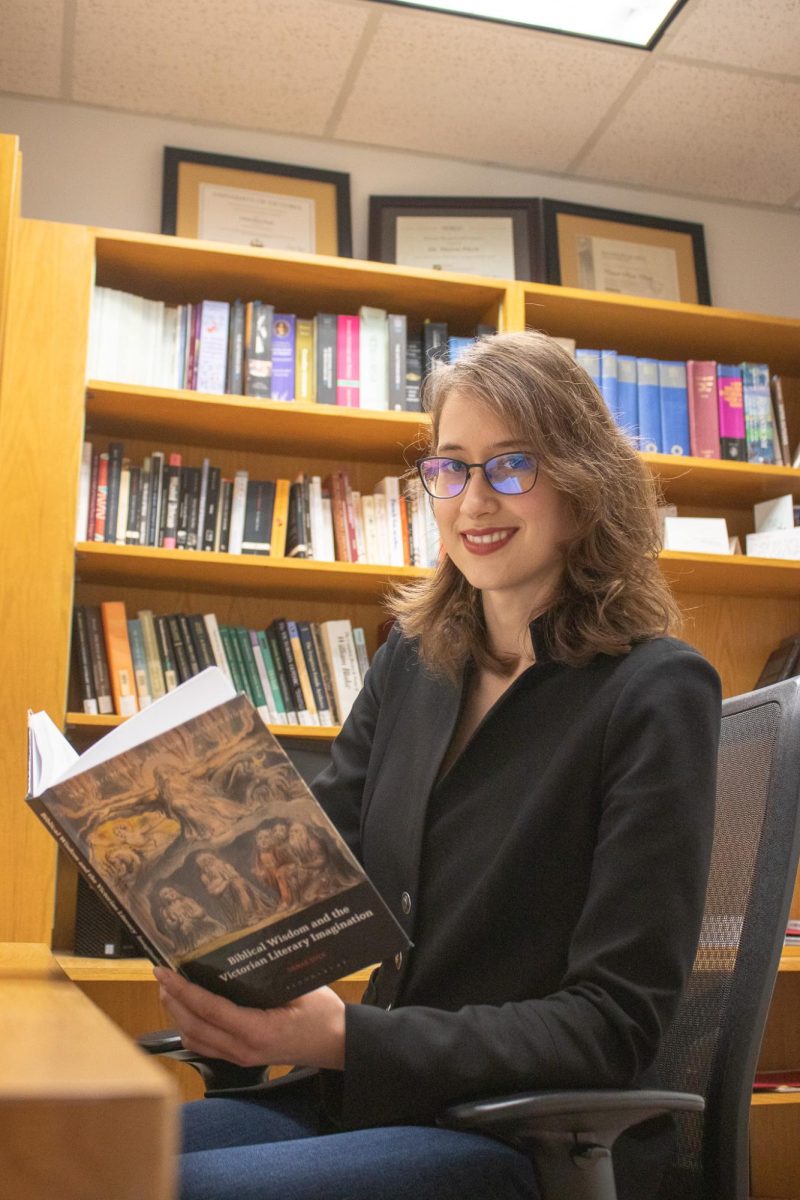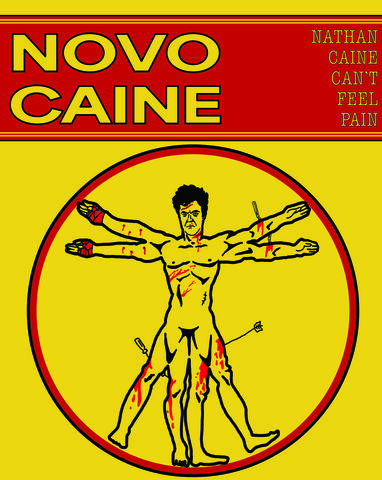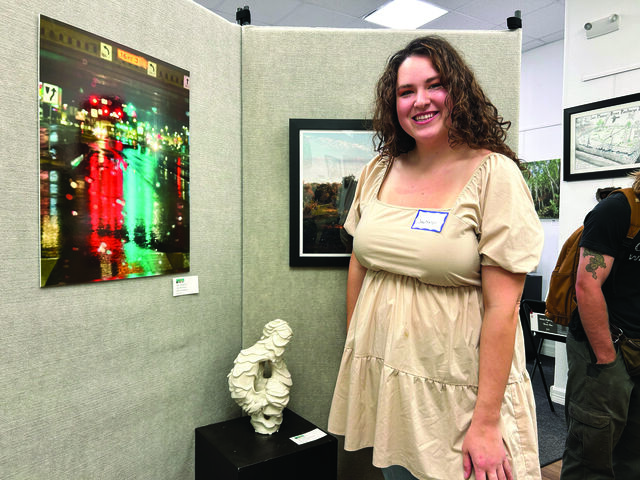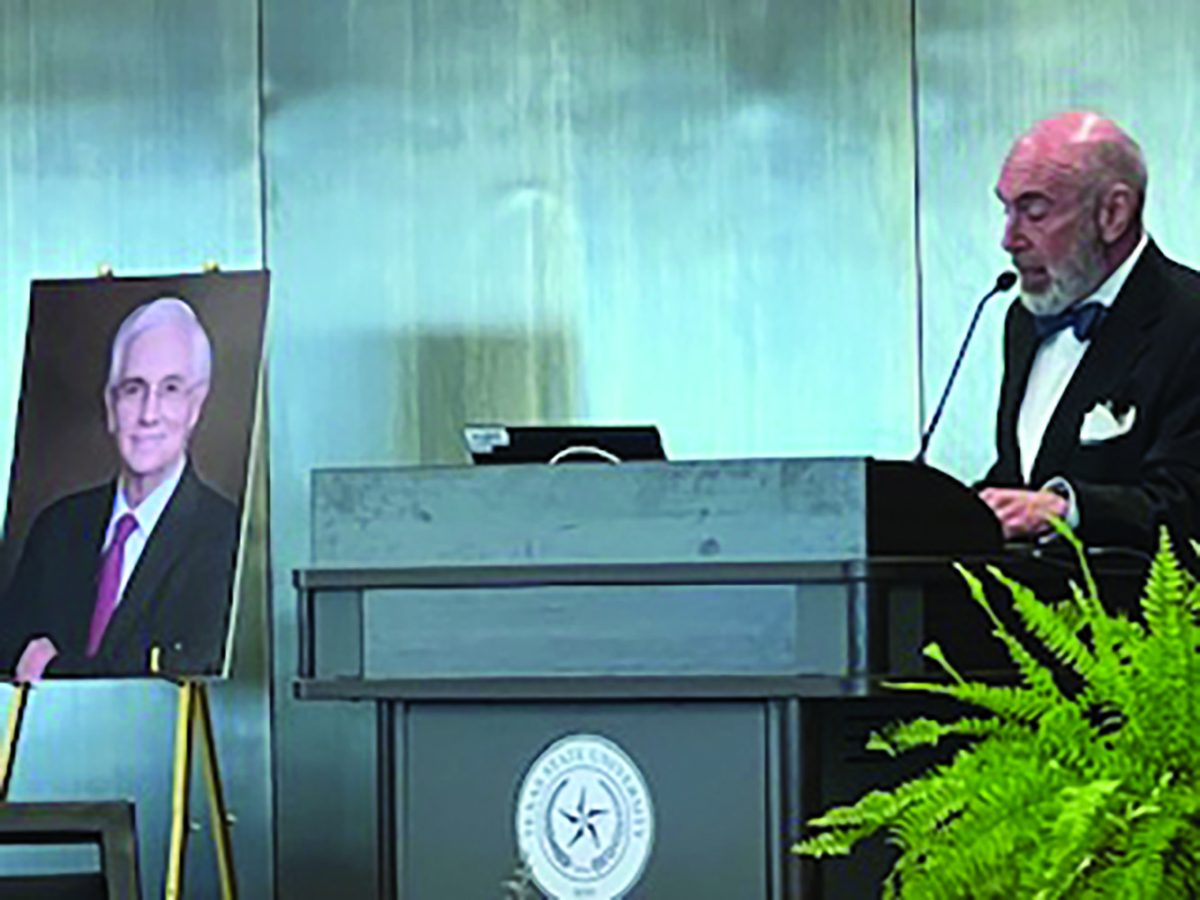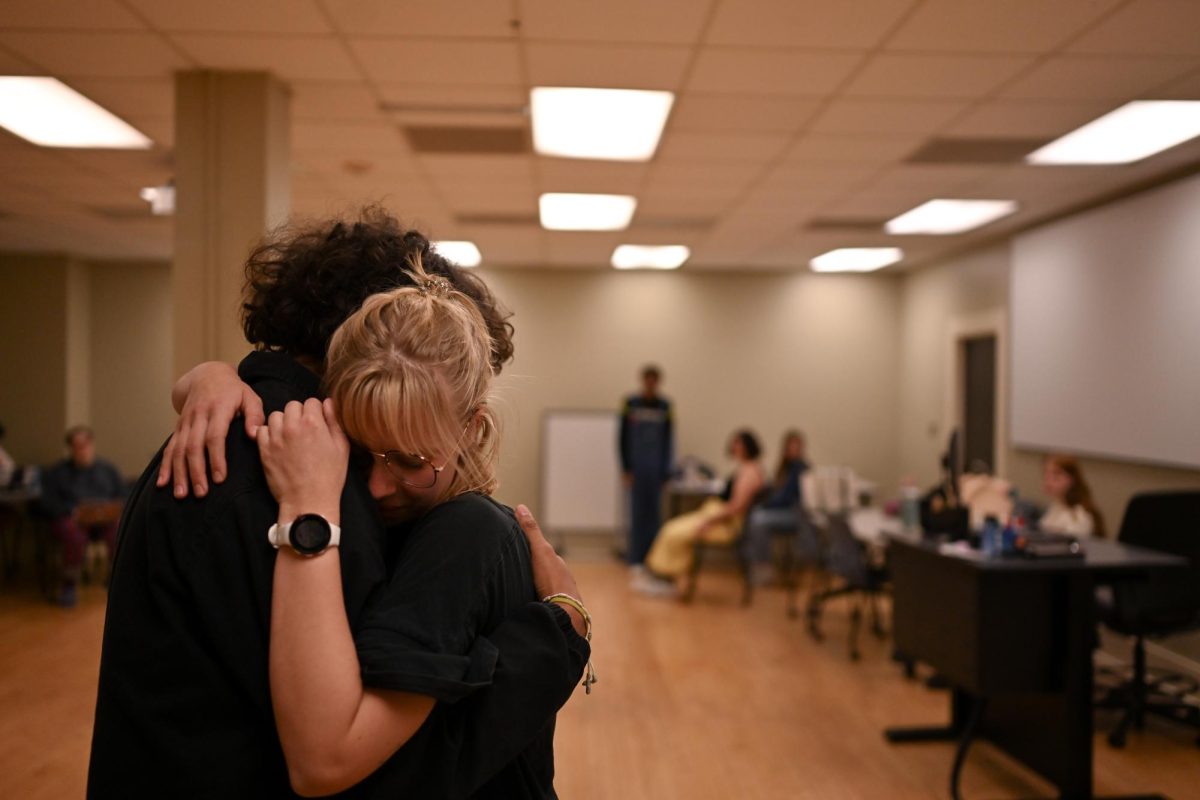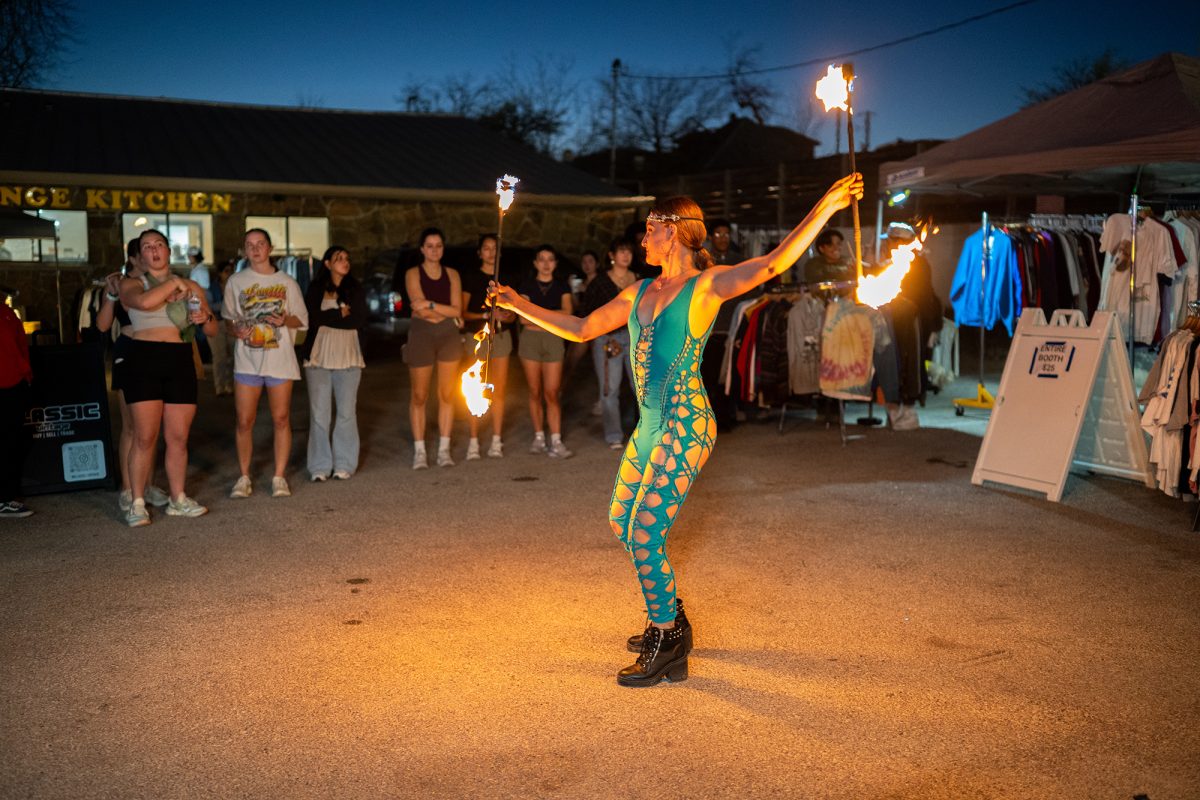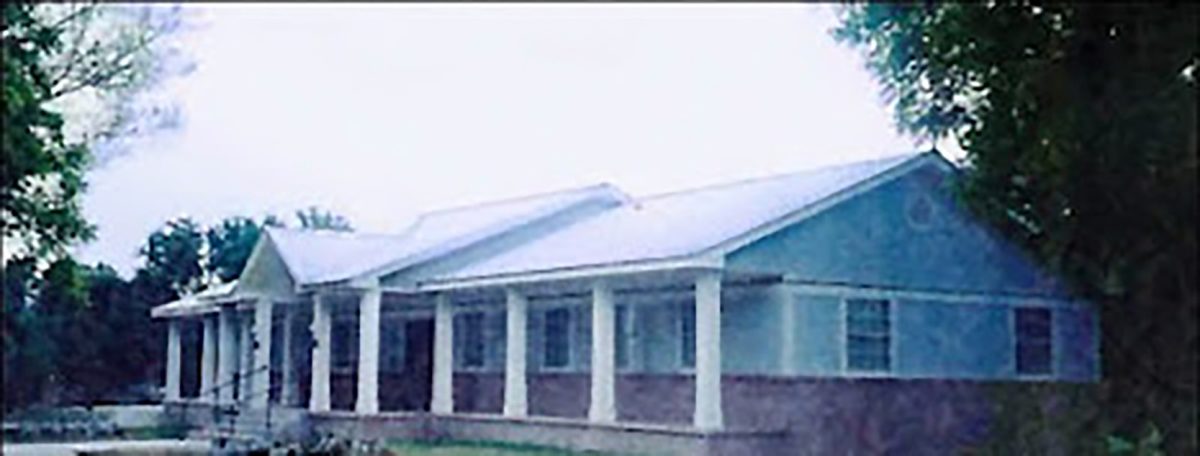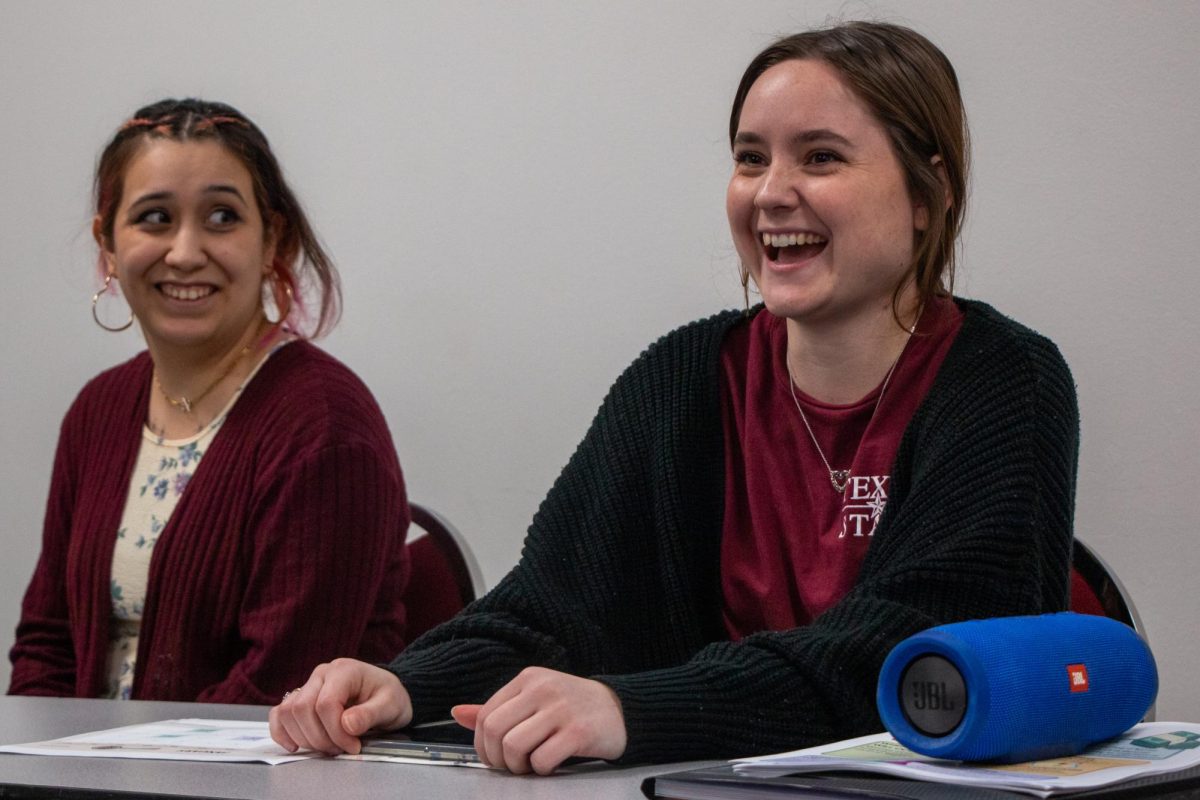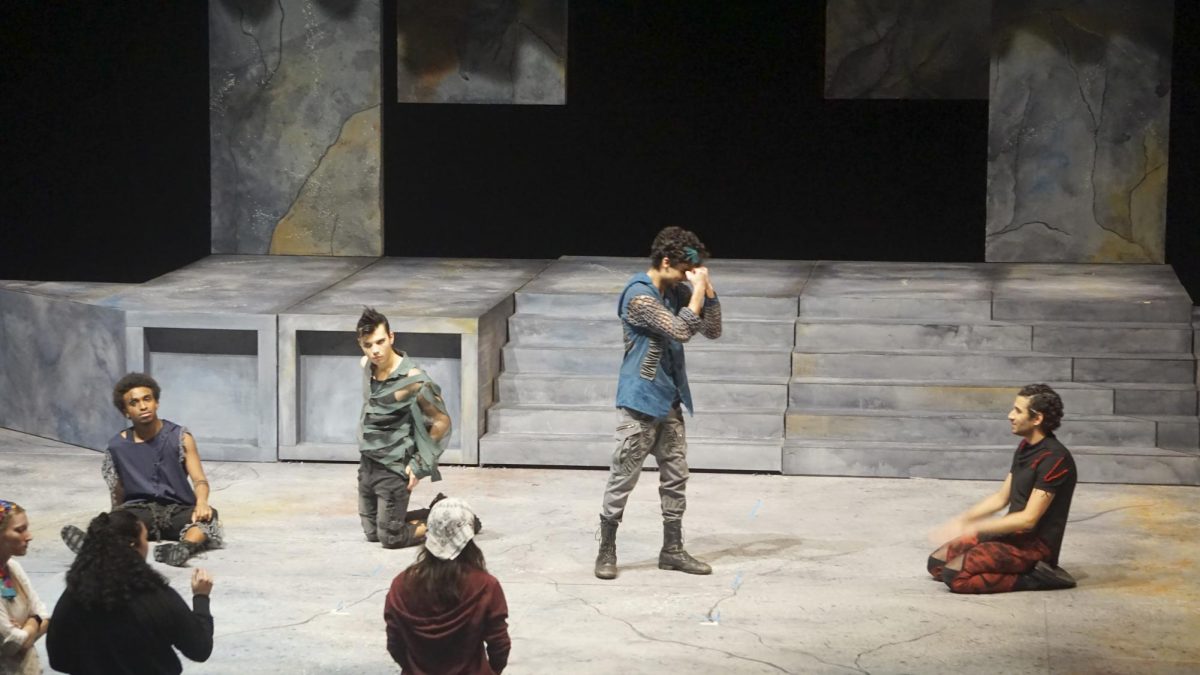Editor’s note: The University Star incorrectly labeled Denae Dyck as an associate professor, published on Wednesday; Feb. 28, 2024. The correct title is given in this version of the story.
For the past seven years, Denae Dyck, assistant professor of English, explored the 19th century’s reinvention of inherited religious traditions. Her studies led her to take on a new direction in Victorian literature and its connection to religion.
Released on Feb. 8, Dyck’s book “Biblical Wisdom and the Victorian Literary Imagination” is about creative thoughts in a crisis of interpretation. Bloomsbury Academic published the book, which appears in its series New Directions in Religion and Literature. The book traces wisdom literature, a genre driven by questioning and dialogue, as it took on a new meaning in 19th-century Britain.
“[Wisdom literature is] all about metaphors, parables, things that are kind of oblique and indirect,” Dyck said. “It’s less about the author’s pronouncements and more about the reader’s interpretive work.”
During the Victorian era, significant scientific and philosophical developments caused questions about religious interpretation to overtake the period. Scholars began to question whether to consider the Bible historical compared to other religions’ sacred texts.
Previous studies on Victorian literature considered prophecy as a mode of writing where the speaker directly claims on God’s behalf. Dyck approaches the topic from the perspective of literary studies, which allows for more of the reader’s active participation. Her method involves seeing the possibilities that open up if the Bible is a part of wisdom literature that asks people to sit with questions that are difficult to solve.
As a result, Dyck’s book analyzes how five Victorian writers, varying in belief, used wisdom literature as a foundation for their prose.
“Instead, they’re more interested in focusing what could be made possible through poetry and metaphor,” Dyck said. “I’m interested in that kind of nuanced reading model we get from these Victorian examples.”
“Biblical Wisdom and the Victorian Literary Imagination” also shows how analyzing these writers could serve as models to discuss religious discourse.
James Reeves, assistant professor of English, said a misconception arose that belief declined in the 1700s and 1800s. The narrative previously ignored ways in which religious belief expressed itself but recently lost some support due to religion playing an essential role in the 21st century.
“Over the past couple of decades, people have started questioning that old narrative and have been researching the ways that the supernatural or the spiritual still impinge on people’s lives and that authors and thinkers were writing about spiritual or supernatural topics,” Reeves said.
The new narrative seeks answers to how each topic played out in the two centuries. Dyck said she wants to classify the writers as viewing wisdom literature from different positions for many other uses rather than by their position on faith.
“These 19th-century texts can illuminate pathways for navigating challenging conversations and for thinking about the various forms that spiritual expression can take,” Dyck said.
Dyck seeks to inspire conversations with her book and within her classrooms. As a teacher, she aims to improve others’ critical thinking and creative expression skills. Dyck started teaching at Texas State in the fall of 2022, becoming memorable to her students by allowing them to flesh out their ideas together on topics they may need to become more familiar with and without pressure.
“Everyone has an opportunity to participate, but she is there to oversee it, guide it and provide her expertise that none of us can bring,” Kyle Hayes, second-year English literature graduate, said.
Dyck’s interests come from when she grew up in Calgary, Alberta, Canada. She explored topics from open-minded and imaginative forms of spirituality to concepts related to wisdom, literature and religious transformation. For her master’s, Dyck focused on the poetry of 19th-century writer Elizabeth Barrett Browning, whose works started her journey with the Victorians in 2014.
“When I got to my doctoral work, I started looking at comparisons between more writers and began to read more widely into 19th-century interpretive debates,” Dyck said. “That’s how I saw that this was part of a larger cultural formation.”
To learn more about “Biblical Wisdom and the Victorian Literary Imagination” or to order the book on Bloomsbury, visit https://www.bloomsbury.com/us/biblical-wisdom-and-the-victorian-literary-imagination-9781350335387/.



